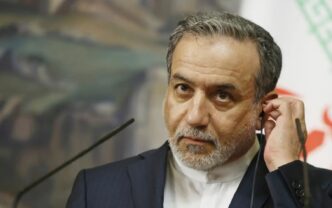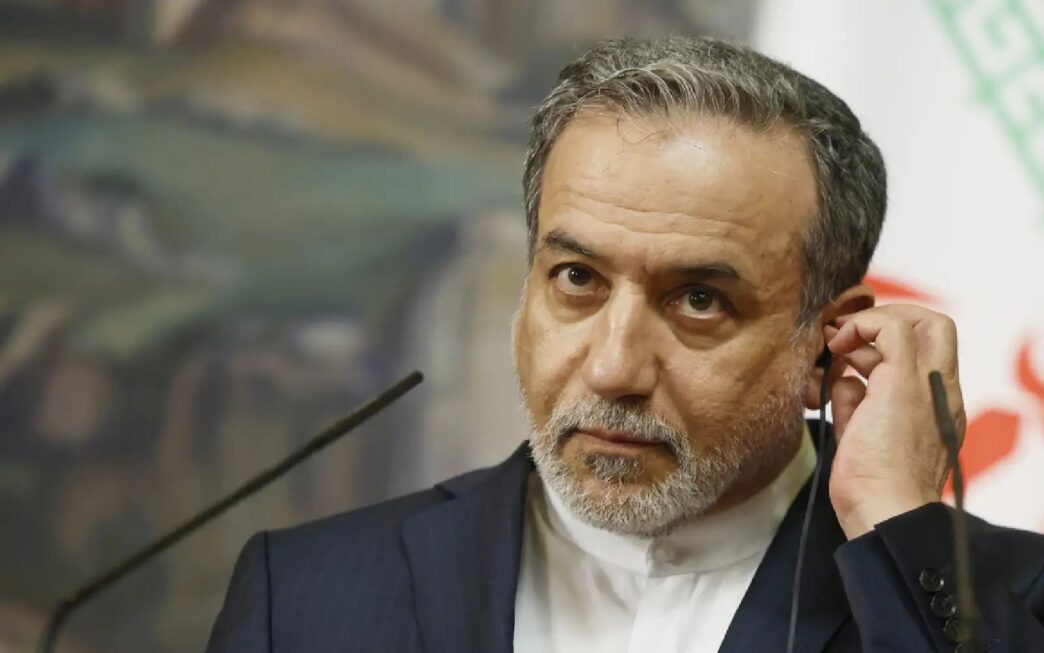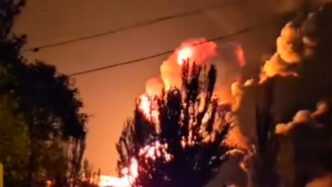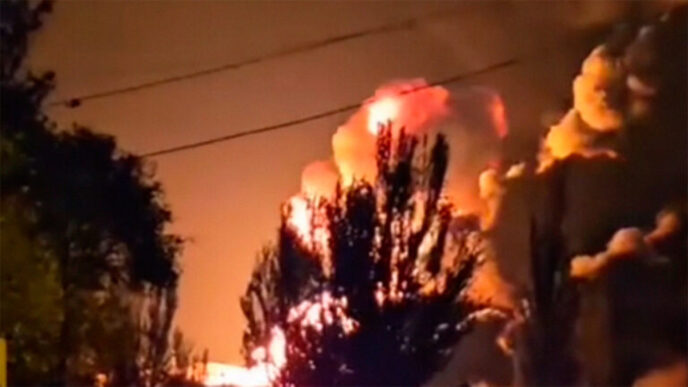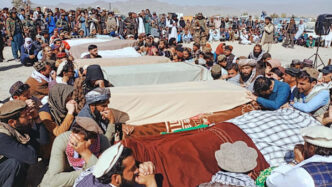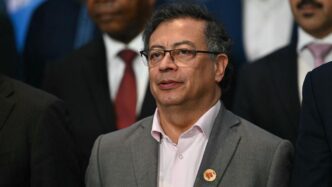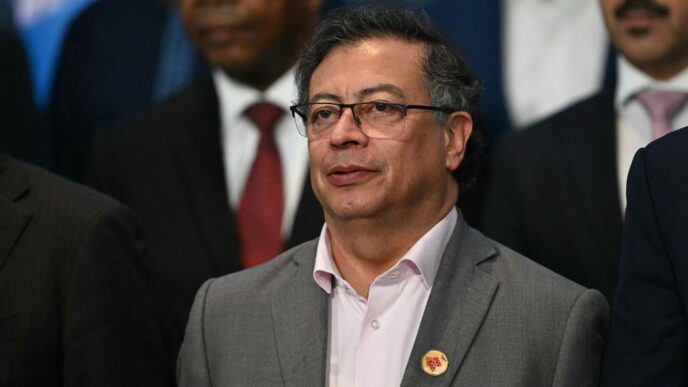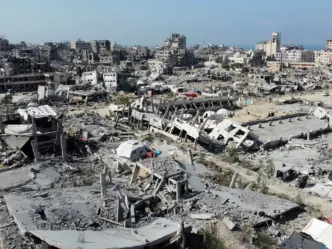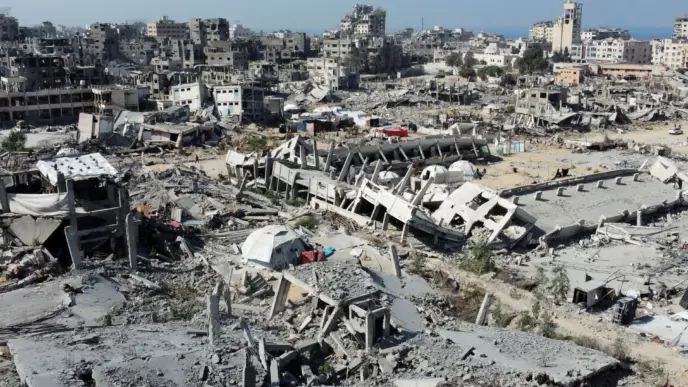Iran announced on Saturday that it is no longer bound by the limitations of its nuclear agreement with world powers, as the landmark 10-year accord officially expired.
Despite the declaration, Tehran reaffirmed its “commitment to diplomacy” in addressing nuclear issues.
The 2015 nuclear deal, signed in Vienna by Iran, China, Britain, France, Germany, Russia, and the United States, had lifted international sanctions on Tehran in exchange for curbs on its nuclear programme.
However, the agreement began to unravel in 2018 after then-US President Donald Trump withdrew from the pact and reinstated harsh sanctions, prompting Iran to scale back its commitments.
Last month, the reimposition of UN sanctions—initiated by Britain, France, and Germany—further undermined the deal, rendering it largely defunct.
Marking the pact’s formal expiration on Saturday, Iran’s foreign ministry declared that “all of the provisions, including the restrictions on the Iranian nuclear programme and the related mechanisms, are considered terminated.”
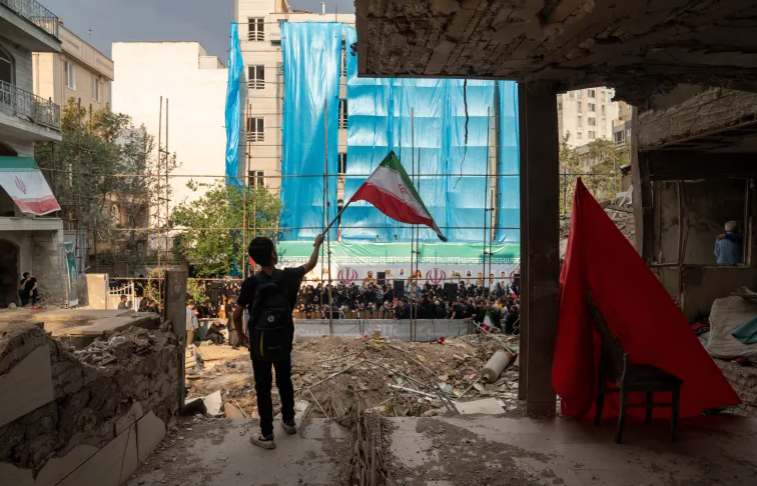
Nevertheless, the ministry stressed that “Iran firmly expresses its commitment to diplomacy,” even as tensions with the West persist.
Western governments have long accused Tehran of seeking to develop nuclear weapons, an allegation Iran has consistently denied, maintaining that its nuclear activities are for civilian energy purposes only.
The agreement, adopted by the UN Security Council under Resolution 2231, had capped uranium enrichment at 3.67 per cent and placed the programme under strict monitoring by the International Atomic Energy Agency (IAEA).
But since the US withdrawal, Iran has increased its enrichment levels, with the IAEA reporting uranium purity of up to 60 per cent—far above civilian needs and near weapons-grade levels.
Relations between Iran and the IAEA deteriorated further in July when Tehran suspended cooperation following a 12-day conflict with Israel.
Iran accused the agency of failing to condemn Israeli and US attacks on its nuclear facilities. The violence also disrupted indirect talks between Tehran and Washington over reviving the agreement.
In late September, sweeping UN sanctions on Iran were reinstated for the first time in a decade at the request of France, Britain, and Germany.
On Saturday, Iranian Foreign Minister Abbas Araghchi wrote to the United Nations declaring those sanctions “null and void” due to the expiration of the 2015 deal.
Tehran accused the three European powers of “irresponsible actions” that undermined recent efforts to restore cooperation with the IAEA, including discussions that began in Cairo.
Western powers, meanwhile, continue to urge Iran to re-engage in talks with the United States to prevent further escalation.


 Trending
Trending 
